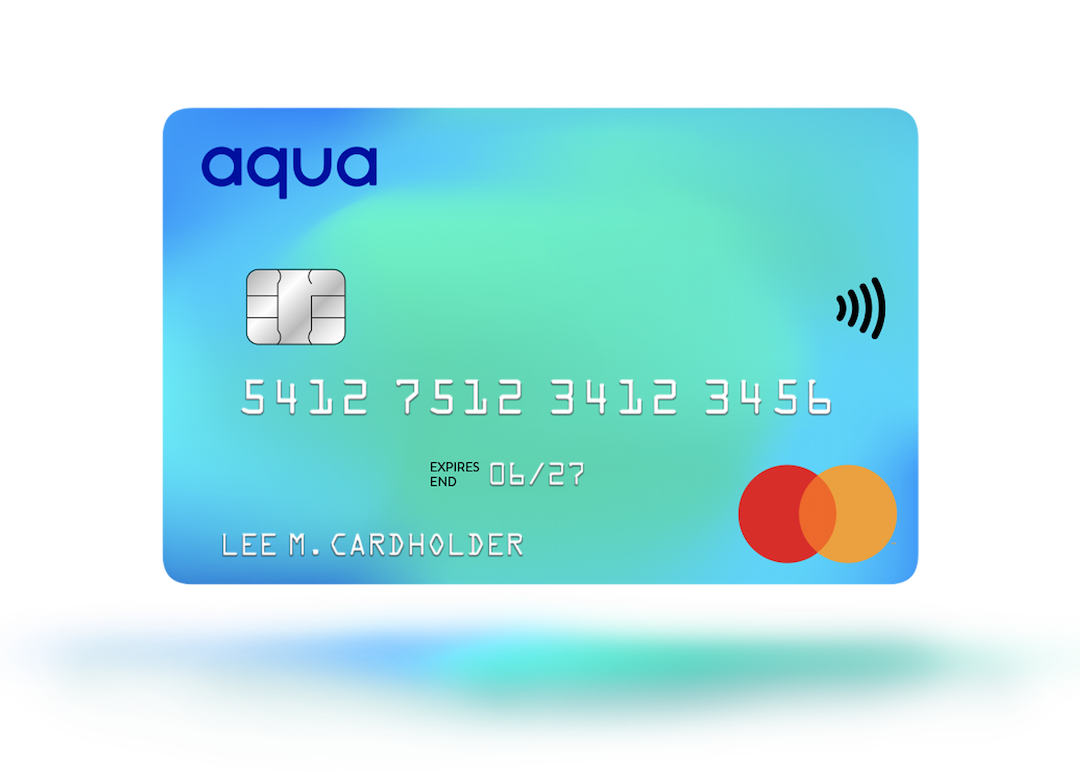Everyday budgeting
Budgeting bills and everyday budgeting tips.

Aqua wants to help you keep on top of budgeting and managing your money. In this guide we're sharing five top tips on better budgeting for bills followed by seven everyday budgeting tricks to make your life easier.
Getting started with everyday budgeting
You don't always have to work hard to make your money go further – by learning how to budget and throwing in a few simple tricks, it can be easier than you think.
By doing a little organising, prioritising your bills, shopping around for the best deals, and making a few simple swaps, you can take control of your finances to make some real savings.
Getting to grips with your day-to-day spending can also make your money work harder. Making small changes every day can save you hundreds of pounds a year which you could use to go on holiday, decorate your home, or save for the future.
Individually these tips might seem small, but you'd be surprised how quickly those pennies add up.
Budgeting for the bills
Whether you're trying to reduce your credit card debt, or want to save to make a big purchase, creating a budget is the most effective way to manage your money and help you save. The first thing to do when budgeting is to look at your regular spending commitments. These could be household bills, car payments or a loan repayment - anything that you have to pay regularly.
Working out the cost of your committed monthly expenses allows you to see how much money you have left at the end of the month to reach your financial goal. Having a further look at how you spend your money or where you could make savings means you can reach those goals sooner.
1. Write down all of your bills (don't forget bills that come out less frequently)
It's a good idea to make a budget planner that contains a list of all your bills. Most of these may be regular automatic payments like direct debits.
Be sure you to remember any bills you pay manually or that you pay less often, like car insurance. Check your bank statements over the last year to make sure you've got everything covered.
2. Start with the most important bills
Once all your bills are in your budget planner, arrange the list by order of importance. At the top should be things like your rent or mortgage payments. The bottom items are those that could be considered a luxury, such as a streaming service.
Prioritising your bills like this will help you identify where you can make cutbacks if needed without sacrificing the essentials.
3. Have regular budget catch-ups with your household
If your budget is for a household then call a meeting once a month to talk and touch base on your finances. If you have a combined saving goal like budgeting for a holiday, don't forget to track your progress and keep yourself motivated to continue.
If you can spread the cost of your holiday across several months, set individual saving targets for each payment. Or sign up to a monthly holiday subscription service and make the payment part of your budget. We've shared more tips in our guide to budgeting for a holiday.
4. Set reminders & shop around
Make a note in your diary of when your car insurance, mobile phone, entertainment or energy bill contracts come to an end. When your energy tariff runs out, your provider will usually automatically put you on a standard rate tariff which may not be the best option for you. Being prepared can stop you paying more, and things like choosing a fixed rate tariff means you are protected from any price increases until the end of your agreement.
When getting a new phone contract look at your past three months usage and find the contract that works best for you. There's no point paying for 30GB of data if you're only using 15GB most months!
5. Cancel unused subscriptions
Check through your bank statements for those forgotten subscriptions you're no longer using. These can be gym memberships, the on-demand TV subscription you've only used once this year, or online tools and apps you never use.
The individual subscriptions may not cost much, but if you're not using them it's money you could be saving, and it definitely all adds up!
Everyday budgeting tips
Once you've prioritised your bills and got your monthly budget working for you, it's time to look at how you can make some smart daily savings. Here's seven super saving tips to make your money go further every day.
1. Plan out meals
Planning and prepping your meals a week ahead can cut your food costs by a huge amount. When making the plan, look at recipes that use similar ingredients so you can make the most out of what you buy or save money by buying in bulk.
Think of how you could use any leftovers. If you cook a roast chicken on Sunday, any leftover meat could then be used in sandwiches or a curry the next day. Or cook dishes that can easily be bulked out for additional meals – like chilli or spaghetti Bolognese.
2. Make a list and stick to it
It's all too easy to pop into the supermarket for one thing and come out with a dozen. One of the pros of meal planning is that you can easily create a shopping list of exactly what you need – all you have to do is stick to it. If you know that you'll easily be tempted to buy additional items, do your shop online and use the search bar to type the specific items you're looking for. And one more thing: never go to the supermarket hungry!
3. Ditch the brands
Why not try swapping the branded items in your shopping trolley with the supermarket's own brands? Most of the time there isn't much of a difference between the two, apart from price. Test out which items you are happy to switch to see where you can make permanent savings and keep an eye out for offers to buy in bulk for less.
4. Curb your impulse purchase habits
Nowadays it's so easy to get sucked into impulse purchasing. With online shopping easier than ever, we can buy anything we want at the tap of a thumb and have it delivered almost immediately. But in this age of immediacy, a bit of self-restraint goes a long way when it comes to spending and saving money.
Here are two techniques to help you ignore the impulse:
- Wait 48 hours before you buy. This gives you time to think about if you need the item or just want it. If it's not a necessity then think about whether you can really afford it, or if it's something you can make into a saving goal.
- Rather than thinking of the cost of an item in pounds and pence, work out how much of your time it's worth. If it's something you buy regularly, work out your annual spend and see how long you have to work to pay for it. This will help you work out if it's really worth it.
Looking at the bigger picture might surprise you!
5. Make your own lunches and coffees
Talking of bigger pictures… have you ever added up the cost of your daily coffee or shop-bought lunch?
A morning coffee is a habit a lot of us share, but why not invest in a travel mug and make one to go? If you reduce your daily coffee spend to just once or twice a week instead of once daily, you've already saved yourself about £40 a month!
Other easy saves include taking a packed lunch to work or carrying a reusable water bottle, so you can help the environment too!
6. Clothes swap
Reuse, recycle and reduce your environmental impact by not buying into the fast fashion frenzy. Instead of buying new clothes why not search social media to see if there are any clothes swap events near you, and if you can't find one, gather friends to hold your own.
7. Collect cashback
If you're looking to buy something online or for a new credit card or bank account, take a look at any cashback offers you could benefit from. Finding the website you want to buy from and tracking your purchase through a cashback website means that you get paid to shop. The cashback you receive can vary from a small percentage of your purchase when buying day to day items, to over £100 when buying services like broadband.
Failure to make payments on time or to stay within your credit limit means that you will pay additional charges and may make obtaining credit in the future more expensive and difficult.
Contributors


You might also like
Slide 1 of 3
How to budget effectively
Find out how to keep on top of your finances and become a budgeting pro.

Saving to pay off debts
Gain actionable tips on how you can save to pay off your debts alongside balancing your existing spending.

Dealing with money worries
Find out how to deal with debt stress and money worries in a practical way.
The smart way to build better credit
Aqua is the credit card that gives you the power to improve your credit score
